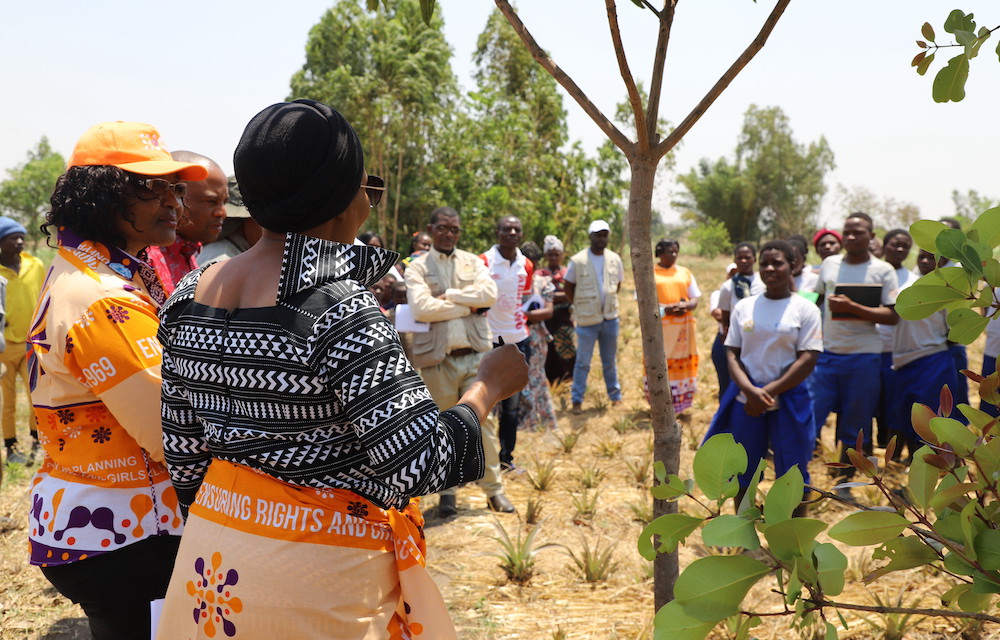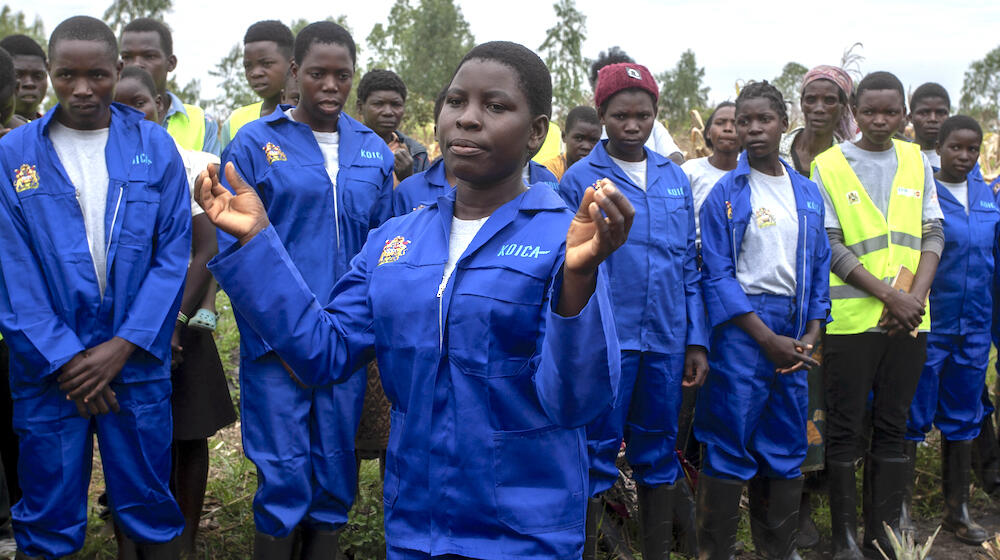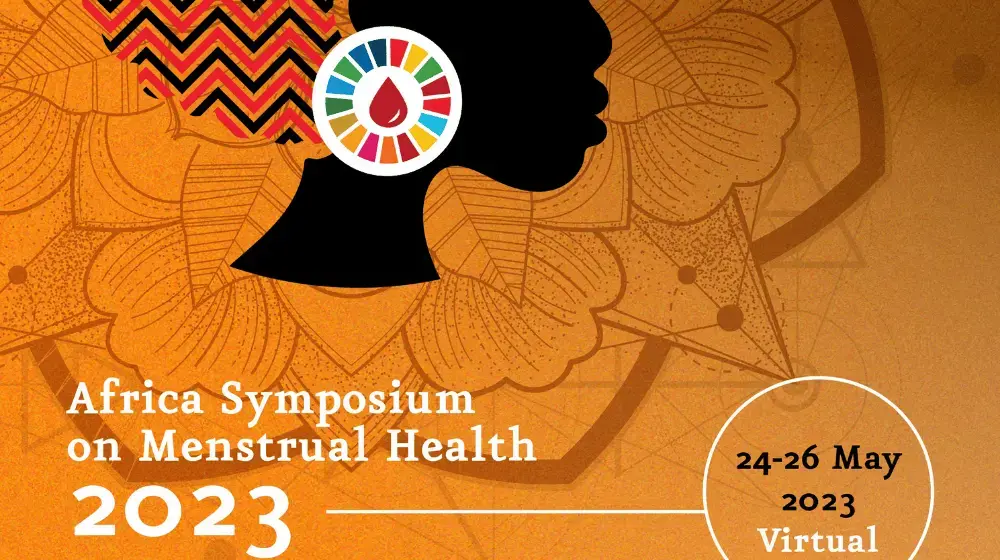MCHINJI, Malawi – Cecilia Zimba dropped out of school when she was 17 because her parents couldn’t afford to support her education – but she had high hopes they would find the money to send her back to school.
Her hopes dwindled as the months turned into years, while she stayed at home. Seeing no future for herself, Cecilia married at the age of 19 and became a mother within two years.
I wanted to become a nurse, but that dream ended because I had no one to support my education.
Now 23 years old, she rues her missed opportunities.
“I wanted to become a nurse, but that dream ended because I had no one to support my education,” she says.

High drop-out rate contributes to child marriage
Cecilia’s story resonates with many girls in Mchinji district. The majority of them (88 per cent) enroll in primary school but just 11 per cent proceed to secondary school.
The high dropout rate for girls contributes to the district’s high child marriage rate. Nearly half of married females between the ages of 15 to 24 were in union before they turned 18, despite marriage under the age of 18 being illegal in Malawi.
Early pregnancy remains a major challenge in Malawi. By the age of 18, 47 per cent of girls are already in marriage and 29 per cent of girls aged 15 to 19 have begun child bearing, contributing 25 per cent of all pregnancies annually. Adolescent fertility is high, at 136 per 1,000 live births. Thirty per cent of all maternal deaths occur in adolescents. National unmet need for family planning is 19 per cent (down from 26 per cent in 2008), and 22 per cent among adolescents 15 to 19 years.
A survey by the Ministry of Gender assessing levels of teenage pregnancies and child marriages recorded an 11 per cent increase in teenage pregnancies during the COVID-19 emergency period of March to July 2020, compared to the same period in 2019.
Empowering adolescent girls in sexual and reproductive health
To address some of the problems faced by adolescent girls and teenage mothers in Mchinji, the Government of Malawi, UNFPA, the United Nations sexual and reproductive health agency, and the UN's Food and Agriculture Organization (FAO), with funding from the Korean International Cooperation Agency (KOICA), are implementing a project entitled Action for Adolescent and Teen Mothers in Mchinji district. The project aims to empower teen mothers and adolescent girls to make informed decisions about their sexual and reproductive health, to reduce early pregnancies, child marriage and other poor sexual and reproductive health outcomes.
In addition, it empowers adolescent girls and teen mothers, as well as boys, with basic farming skills through the Farmer Field and Life Schools (FFLS) component, which teaches skills development and participatory extension methodology, based on adult education principles. The FFLS has enabled youth to gain skills in good agricultural production practices, and exposed them to essential life and entrepreneurial skills, leading to decent independent livelihoods.
We discuss issues such as gender-based violence, family planning and offer each other advice on problems we face as young people.
Cecilia is participating in FFLS and is chairperson of her group.
“I have learnt so many things that are helping me in my daily life,” she told the Deputy Minister of Local Government, Halima Daud, during a recent visit by senior government and UN officials. The officials viewed pineapple fields owned by the youth group, and learned how the project is changing the lives of young people in Mchinji.
“Apart from farming, we discuss issues such as gender-based violence and family planning, and offer each other advice on problems we face as young people,” Cecilia told them.
Through their interactions on the project, some youth in the group have returned to school. Cecilia is yet to decide how she will follow their lead, as she is raising a child and helping to empower those in her group.
Yet already, her hope for recovering lost opportunities has been restored.





